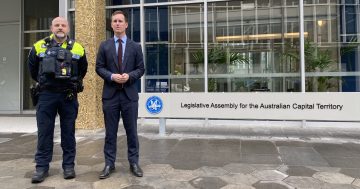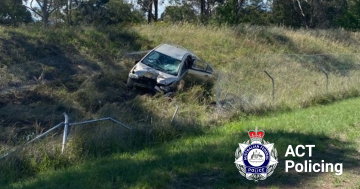What do they mean to you? If you don’t drink and drive, they will be seen as the government attempting to stop a plague that is gripping the City of Canberra.
In the past few months there have been a number of media releases from ACT Policing relating to drink driving. It was plain to see that a vast number of people caught are people who are repeat offenders.
Part of the new laws is an Immediate Suspension Notice (ISN). This will be issued on the spot by Police, if;
– You are the holder of a full licence and you have a breath analysis reading of higher then .100;
– or if you are the holder of a special licence (P Plater, L Plater, Taxi, Probationary etc.) and you have a reading of .050 or higher.
This can be seen as a good thing and a bad thing. A good thing as you lose your right drive immediately, if you are caught drink driving again before you go to court you will also be charged with driving while suspended, a bad thing, because you lose your licence then and there.
The ISN immediately suspends your licence for a period of 90 days, if you feel that you have reason to, you can apply to a magistrate to have a stay put onto your ISN. This stops the suspension, but, there is always a but, if you are found guilty then your licence is suspended at the end of the matter. Where as if you do not put a stay on the ISN and you are found guilty, the time your licence has been suspended is taken into account when sentencing occurs.
If you are an interstate driver in the ACT, your right to drive in the ACT is suspended.
The law has made it a lot harder for repeat offenders to be granted a restricted drivers licence. Lets say you are a Taxi driver and sole income provider for your family, if you are caught drinking when you are younger, then making a mistake and being caught again some 20 years later, in this scenario you are not classed as a repeat offender under the act. If you are the same Taxi driver and you are caught twice within 5 years, that is when you are classed as a repeat offender.
Magistrates still have the power to use their discretion in differing circumstances, they still follow the same criteria when they are sentencing people for the offence.





















